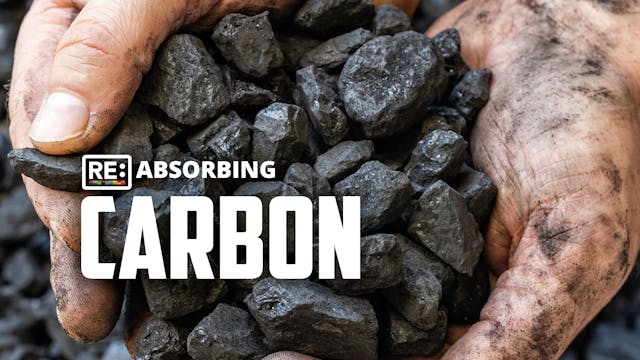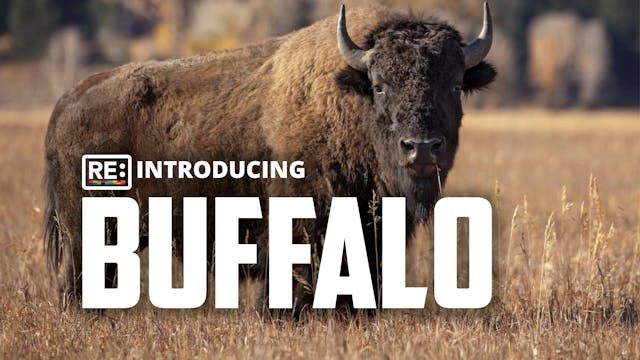Replenishing the Soil
Series
•
6m 56s
In the last few decades, farmers around the world have grown dependent on synthetic fertilizers, which in the short term can have a huge impact on the productivity of land, but over a longer period of time deplete soils of natural microorganisms and nutrients, leach nitrogen into waterways, are carbon intensive to produce. In addition they can be very expensive for farmers in developing countries.
In Kenya, SAFI Organics have come up with a method of transforming agricultural waste from local rice farms into an affordable, organic fertilizer. Using their portable machinery developed in conjunction with MIT, SAFI take rice chaff that farmers had previously paid to dispose of, and produce organic fertilizer in under 8 hours. Their fertilizer increases crop yields by up to 30%, reduces soil acidity and also increases water retention in the soil. They are now developing the business to move into areas such as soil testing, where they survey the land in order to tailor their fertilizer for the specific requirements of each farmer.
Decentralising fertiliser production reduces costs for local farmers, unlocking more opportunities for smallholder farmers in rural locations, as well as improving the quality of the soil and eliminating the greenhouse gases associated with synthetic fertilizer production.
Up Next in Series
-
Reabsorbing Carbon
ReTV looks aft accelerating carbon capture from natural chemical weathering. With more than 2 trillion tonnes of excess carbon dioxide in the atmosphere today, we need to accelerate efforts to capture existing #CO2 as well as reduce our emissions.
The oceans are one of the largest carbon sinks on... -
Reactivating Chemicals
New Iridium is the Carbon-negative chemical manufacturing inspired by photosynthesis.
The chemicals industry generates trillions of dollars of revenue globally, producing a wide range of products from packaging and paint to food and pharmaceuticals. However, many of the manufacturing processes i...
-
Reintroducing Buffalo
Kainai knowledge-keeper Leroy Little Bear explains the importance of reintroducing buffalo in their traditional heartlands, where they hold a central place both in the local ecosystem and the culture of indigenous people.
The buffalo is a "keystone species": an eco-engineer which regenerates the...



